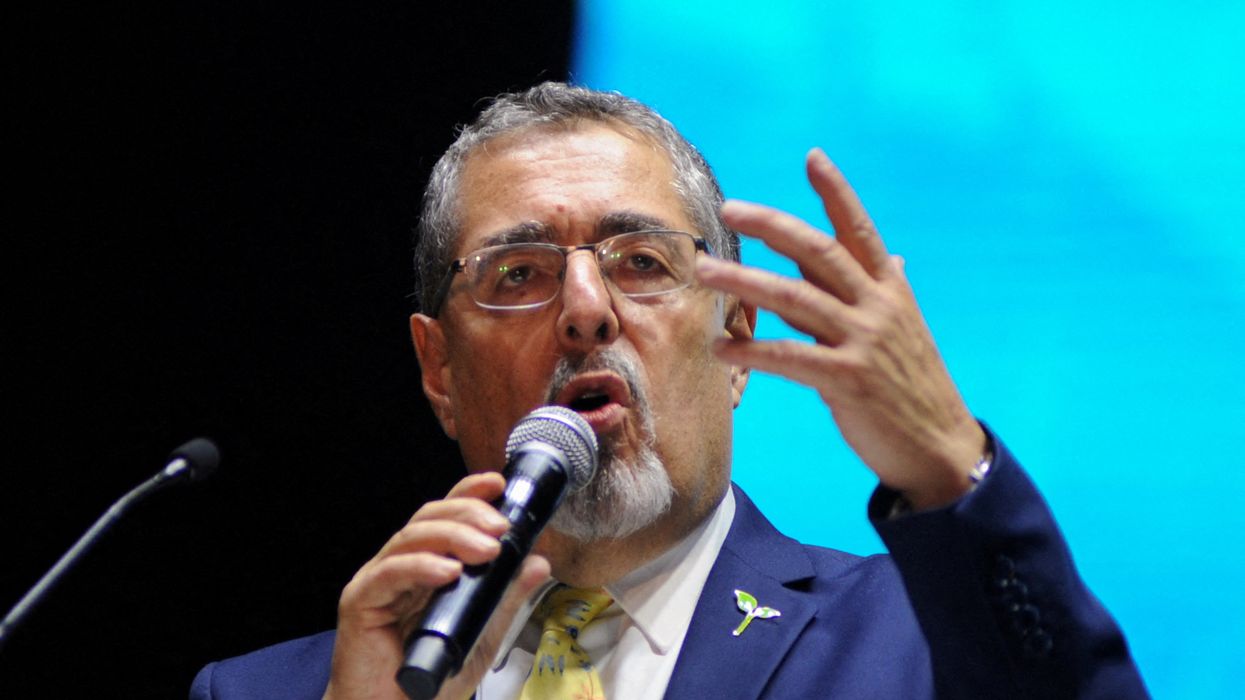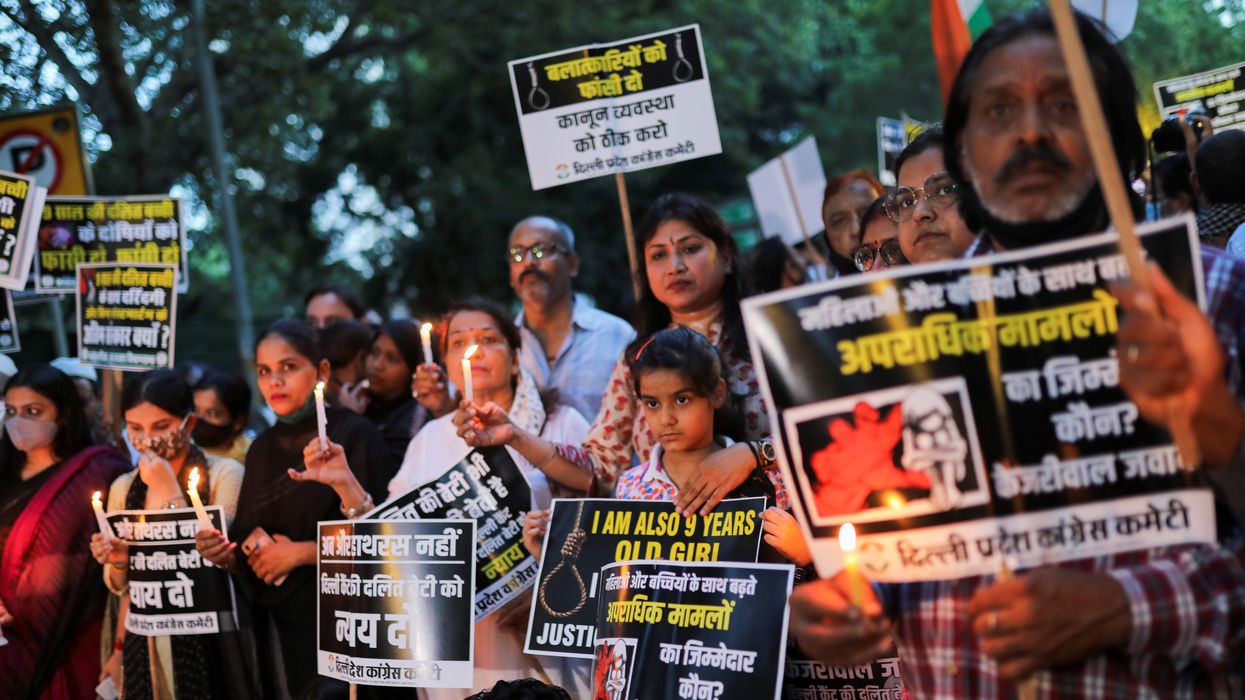Latin America & Caribbean
Anti-corruption candidate, Bernando Arévalo, wins Guatemalan election
The votes are in, and Guatemalans have overwhelmingly chosen Bernando Arévalo to be their next president, with a majority forcefully rejecting the establishment and voting for a candidate who promises to clean up government corruption.
Aug 21, 2023


